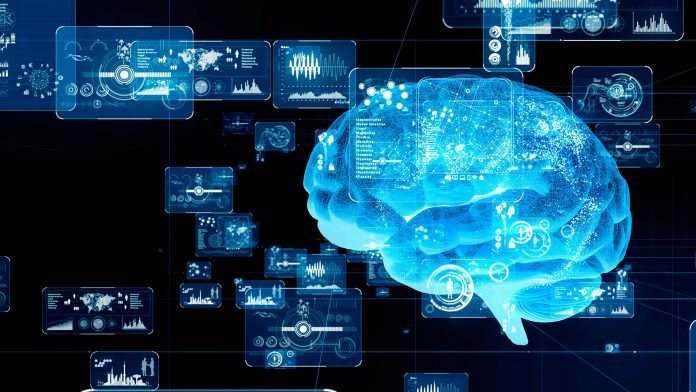
Boston University researchers have pioneered an automated machine learning-powered tool for diagnosing dementia and Alzheimer’s disease.
Diagnosing dementia is currently an expensive and labour-intensive process, requiring extensive neuropsychological exams where clinicians transcribe, review, and examine every response. The novel machine learning tool expertly identifies cognitive impairment in patients through analysing audio recordings of neuropsychological tests, removing the need for in-person appointments, which saves time and money.
The researchers explained that diagnosing dementia faster and earlier could lead to clinical trials focusing on patients in the early stages of the disease and potentially developing interventions to slow cognitive decline.
Ioannis Paschalidis, a co-author on the paper and a Boston University College of Engineering Distinguished Professor of Engineering, said: “This approach brings us one step closer to early intervention. It can form the basis of an online tool that could reach everyone and could increase the number of people who get screened early.”
The study is published in Alzheimer’s & Dementia: The Journal of the Alzheimer’s Association.
Diagnosing dementia with machine learning
The researchers trained their machine learning model by utilising audio recordings of neuropsychological interviews from more than 1,000 people participating in the Framingham Heart Study, which monitors cardiovascular disease and other physiological conditions.
The team employed automated online speech recognition tools and a machine learning method known as natural language processing that enables computers to understand the text. The researchers’ programme then transcribed the interviews and encoded them into numbers.
The final model was trained to predict the likelihood and severity of an individual’s cognitive impairment using demographic data, text encodings, and real diagnoses from neurologists and neuropsychologists.
Results of the study demonstrated that the machine learning tool was effective at diagnosing dementia, accurately distinguishing between healthy individuals, those with mild cognitive impairment, and dementia and Alzheimer’s. Additionally, the researchers discovered that the quality of the recordings and how people spoke were less important than the content of what they were saying.
Paschalidis explained: “It surprised us that speech flow or other audio features are not that critical; you can automatically transcribe interviews reasonably well and rely on text analysis through AI to assess cognitive impairment.”
Although the results need to be validated against other data sources, the findings suggest that their machine learning tool could aid clinicians in diagnosing dementia using audio recordings, such as those from virtual or telehealth appointments.
Benefits of early screening
The study also identified which components of neuropsychological exams are essential for diagnosing dementia and cognitive impairment. For example, they discovered that the Boston Naming Test – where clinicians ask people to label a picture using one word – is the most informative for an accurate dementia diagnosis.
“This might enable clinicians to allocate resources in a way that allows them to do more screening, even before symptom onset,” said Paschalidis.
Diagnosing dementia in its early stages allows patients and their caregivers to devise an effective plan for treatment and support and is vital for researchers developing therapies to mitigate Alzheimer’s disease progression.
Paschalidis concluded: “Our models can help clinicians assess patients in terms of their chances of cognitive decline and then best tailor resources to them by doing further testing on those that have a higher likelihood of dementia.”






















